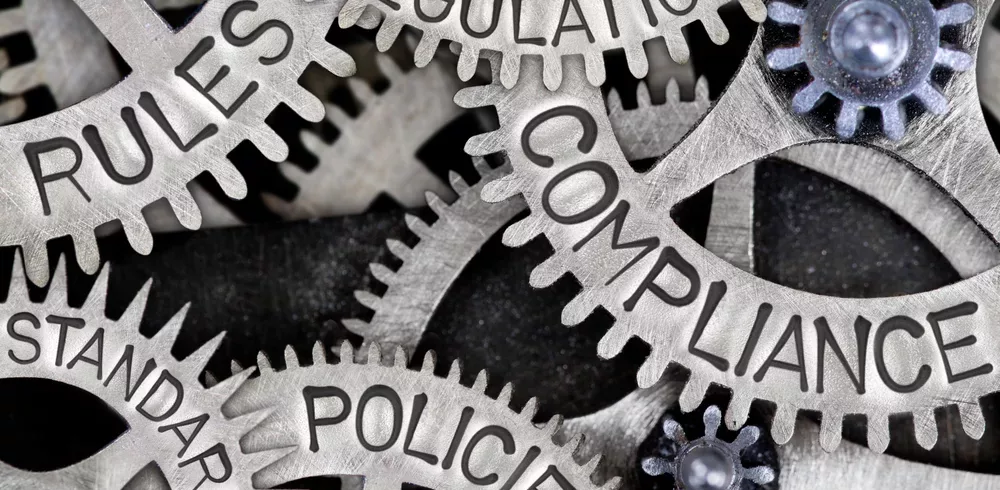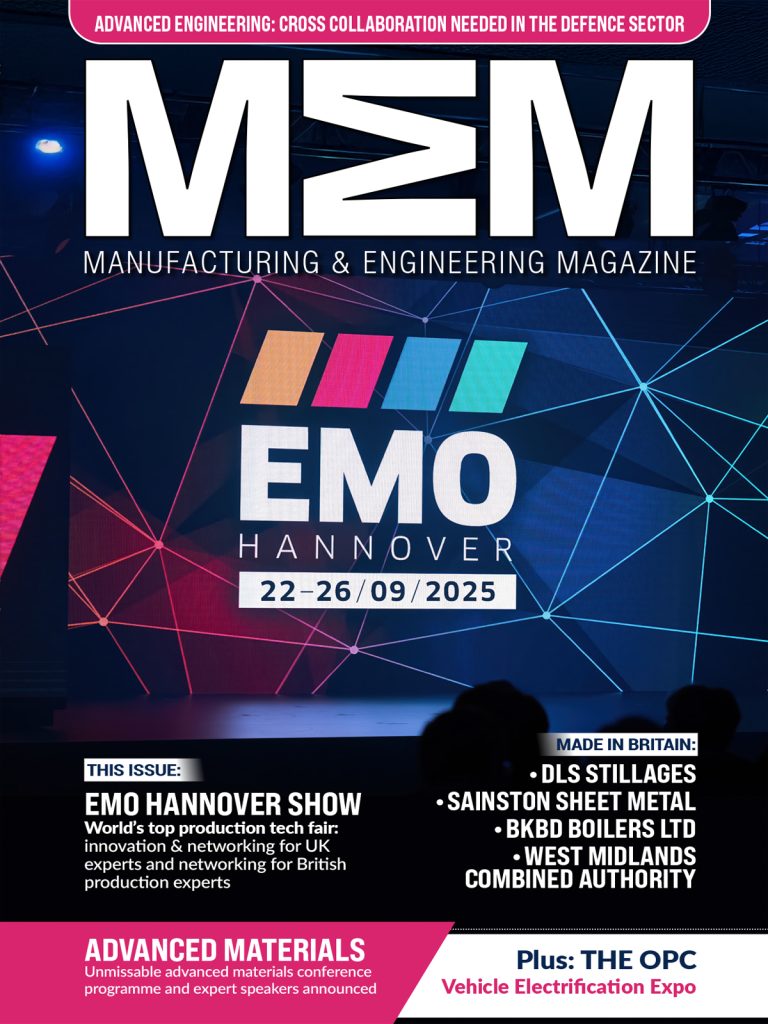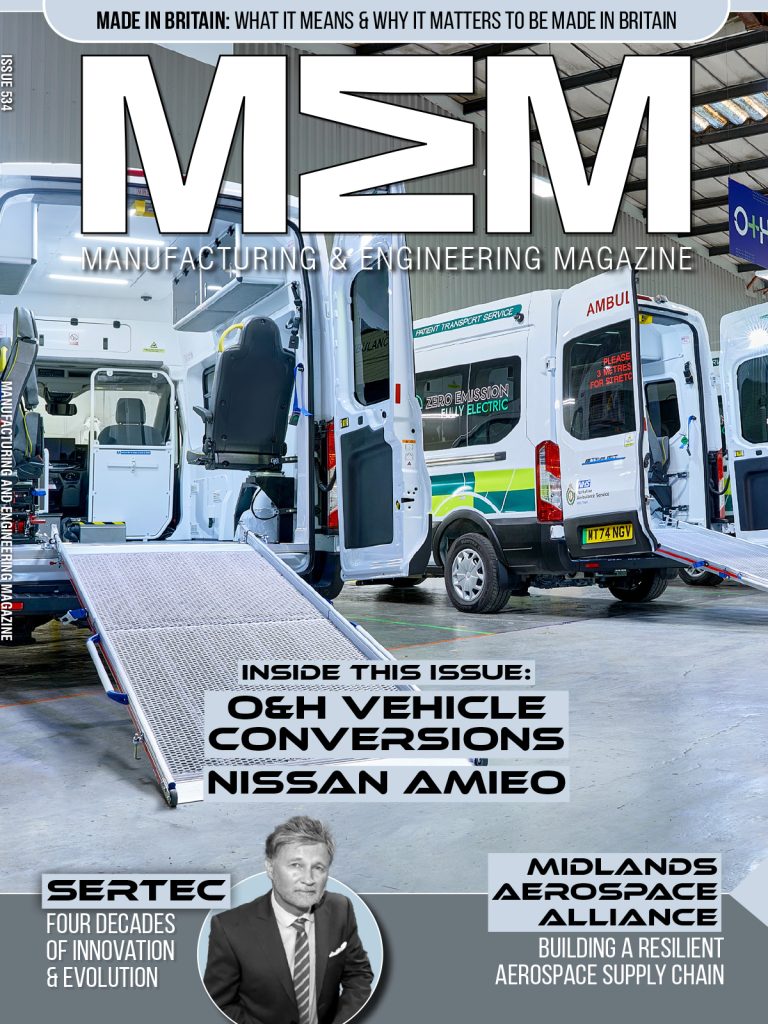Compliance Maintenance Considerations for Large Premises : There are a wide variety of regulations and legislations that, as a business owner, you must adhere to in order to stay safe and compliant; these can vary dependent on the premises, business type and location. For businesses with larger premises, it’s imperative that the correct compliance strategies are in place, to ensure the safety of workers and visitors alike. This can be through maintenance, regular inspections and risk assessments. Here, we will discuss just some of the most important maintenance considerations to ensure compliance within large business premises.
Electrical
All electrical systems should be regularly inspected and maintained along with regular testing. These tests should be carried out by a qualified person and include visual inspections of the wires, fuses and any visible damage along with testing earthing and insulation for faults. Portable appliances should also be inspected and checked for compliance and safe use.
In a large property, it’s vital that clear checklists are made and maintained to ensure that all electrical systems are kept up to date with compliance certifications. Employing facilities management services from MSL Property Care Services will help guarantee that regular, on time maintenance takes place to ensure continued compliance across all appliances and systems.
Gas
The Gas Safety Regulations 1998 state that gas systems within a business property should be checked regularly, to ensure safety. Any installations, inspections and services on gas equipment should be carried out by registered engineers.
Water
Employers are responsible for ensuring health hazards within the workplace are minimised, and this includes water systems. Legionella is a highly dangerous bacteria which can grow in water systems which reach certain temperatures; legionella can lead to illness and fatalities through exposure.
Businesses should have a valid and up to date risk assessments in place which dictates potential hazards and measures for mitigating them. Measures such as employing a qualified team to check water systems for water borne bacteria, along with taking regular temperature checks will help ensure safety. Information and training should be provided to employees so they can be aware of health hazards within the workplace.
Asbestos
Still an issue within many buildings within the UK, Asbestos is a highly toxic substance and a hazard within the workplace. The Control of Asbestos Regulations 2012, insists building owners must identify and initiate the removal of any material which contains asbestos by employing qualified personnel. This removal should only be carried out by licensed professionals and not approached by any member of staff or visitors.
Fire
Within large premises it’s imperative to have a clear and set out fire safety plan, along with having the correct amount and type of fire safety equipment, this can be inclusive of extinguishers, signage, hoses, fire doors and exits and personnel registers.
In line with the Regulatory Reform Order 2005, fire safety needs to be managed by a ‘responsible person’ on site, whether the business owner or an employee. This person is responsible for ensuring fire systems are checked and comply with British Standards. Staff should be trained in full and be aware of all fire exits and evacuation procedures.
To ensure your business is as safe as possible in regard to fire safety, it is vital to comply with all UK legislations. Without compliance to these laws, you are vulnerable to potential fire risk along with fines or even prison sentences.
Air Conditioning
There are a range of regulations which apply to air conditioning systems, each pertaining to different sizes and outputs. It’s important to understand your system and the regulations your business needs to adhere to.
European F Gas Regulations state systems with outputs over 3kg must have annual inspections, those over 30kg must be every 6 months and larger systems with refrigerant output over 300kg must be inspected every 3 months, this is particularly important for large business premises who will require larger HVAC systems.
In compliance with energy regulations set out by The Energy Performance of Buildings Regulations 2007, energy inspections should also take place across air conditioning systems. These inspections will ensure compliance, whilst highlighting any potential issues with the system, parts which may need maintenance or replacement and ways to reduce carbon emissions along with lowering energy costs.
As a business owner, it’s important to understand and comply with all regulations, laws and legislations set out. These will vary from business to business, but for large properties, with large staff numbers it’s important to have sound understanding along with clear processes and maintenance strategies in place to ensure safety.
Manufacturing & Engineering Magazine | The Home of Manufacturing Industry News














